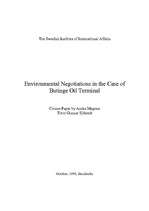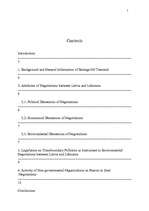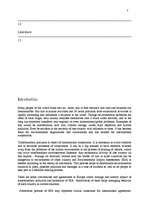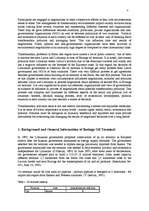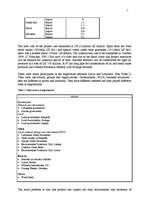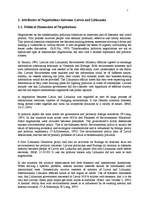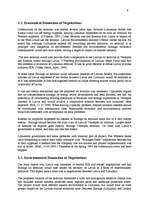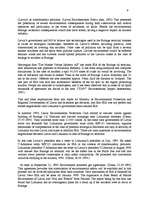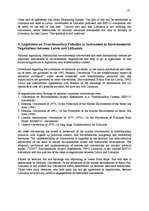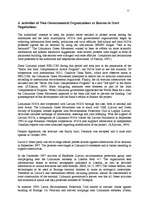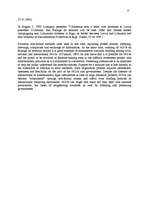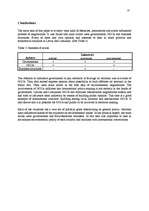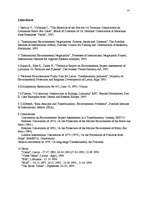-
Environmental Negotiations in the Case of Butinge Oil Terminal
| Nr. | Chapter | Page. |
| Introduction | 3 | |
| 1. | Background and General Information of Butinge Oil Terminal | 4 |
| 2. | Attributes of Negotiations between Latvia and Lithuania | 6 |
| 2.1. | Political Dimension of Negotiations | 6 |
| 2.2. | Economical Dimension of Negotiations | 7 |
| 2.3. | Environmental Dimension of Negotiations | 7 |
| 3. | Legislation on Transboundary Pollution as Instrument in Environmental Negotiations between Latvia and Lithuania | 9 |
| 4. | Activity of Non-governmental Organizations as Reason to Start | 10 |
| Negotiations | 10 | |
| Conclusions | 12 | |
| Literature | 13 |
Many people of the world think that air, water, soil is free resource and land and minerals are inexhaustible. But due to human activities last 60 years pollution from economical activities is rapidly increasing and influences a situation in the world. Though environmental problems are often of local origin, they usually manifest themselves over a much wider territory, and in the long run sometime transform into regional or even international/global problems. Examples of this would be eutrofication, acid rain, climate change, ozone layer depletion and marine pollution. Even be accident in the territory of one country with influence to other. It has become issue for environmental negotiations and conventions and has needed for international cooperation.
Transboundary pollution is object of international cooperation. It is necessary to avoid conflicts and to facilitate processes of cooperation. It can be a big mistake to have attention diverted away from the problems of the human environment in the process of planing of objects, which can occur transboundary environmental disasters. Any economical activity of one country (in this stydies - Butinge oil terminal) located near the border of two or more countries can be dangerous to environment of other country and Environmental Impact Assessment (EIA) is needed according to the theory of convention. This process helps to determinate environmental situation in place, possible pollution and damages in a case of accident as well as let people to take part in a decision making process.…
Vai vides aizsardzības jautājumi, kuros iesaistītas 2 valstis, ir atkarīgi no politikas un sabiedriskās domas abās valstīs? Ieskaites darbs aizstāvēts Zviedrijas Ārpolitikas institūtā.

